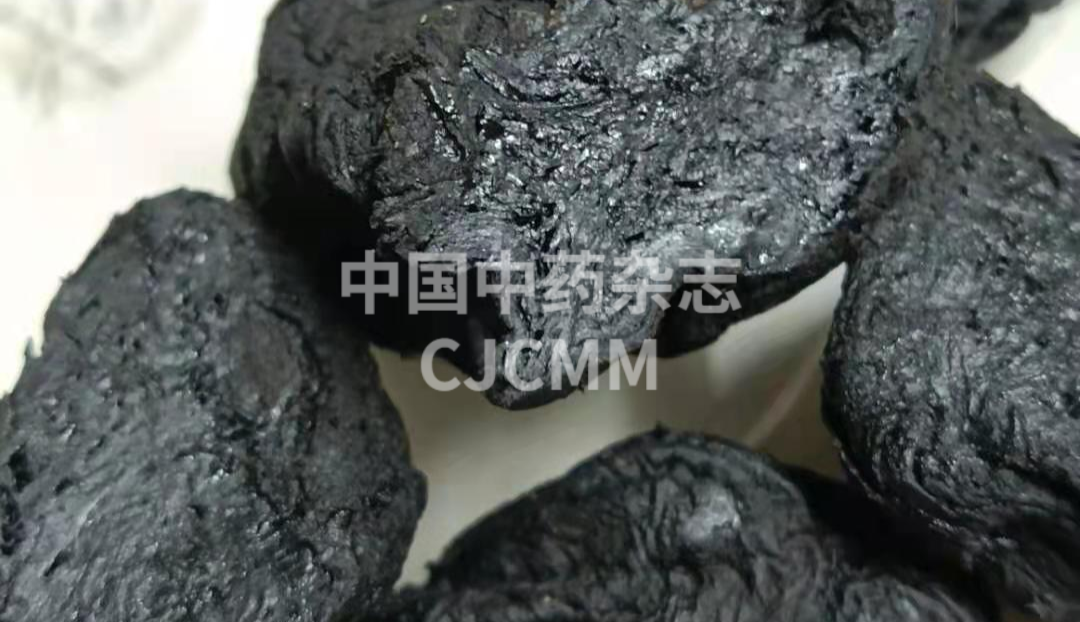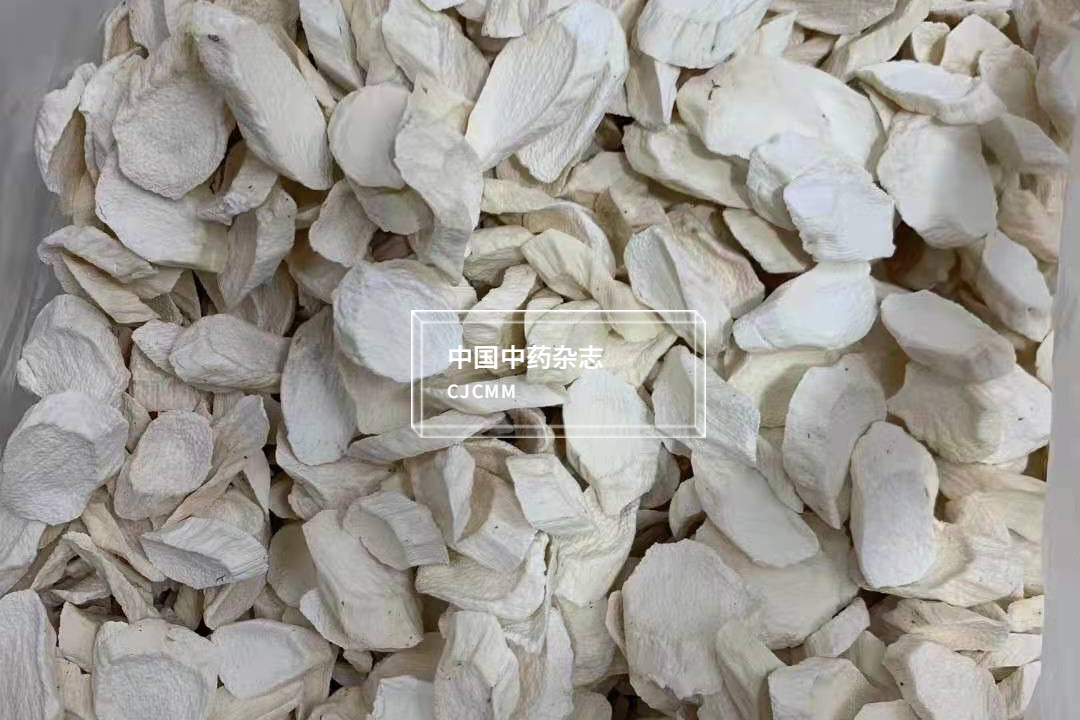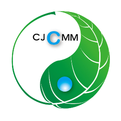 Author | 亻 图 | 子非鱼 Editor | 春风 Review | 小也
Author | 亻 图 | 子非鱼 Editor | 春风 Review | 小也
When patients come for consultation, the most common request is for some medicine to help with nourishment. What people refer to as “nourishment” mostly pertains to enhancing Qi and blood or nourishing the liver and kidneys.
Among these, “nourishing blood” is currently a hot topic. Why is there such a strong pursuit for “nourishing blood”?
This is because “blood” plays a crucial role in our body; the normal functioning of the body cannot be separated from blood.
When there is insufficient blood in our body, many problems arise, similar to how a car cannot function properly if it has too little oil.
Insufficient blood fails to nourish the head and face, leading to symptoms such as dizziness, pale lips, and a sallow complexion. Individuals with blood deficiency also exhibit poor skin condition, characterized by a pale and dry appearance.
“No nourishment leads to pain” is one of the causes of pain; when blood is insufficient, it cannot nourish and moisten our body, resulting in dull pain wherever blood is lacking.
For women, blood deficiency directly affects menstruation, as women rely on blood, which is the foundation of menstruation. When blood is insufficient, it manifests as scanty menstruation, delayed cycles, pale red menstrual flow, and lower abdominal discomfort.
However, it is not only women who experience issues due to blood deficiency; men also commonly exhibit a series of symptoms related to blood deficiency. To address these various issues caused by blood deficiency, I recommend a very effective formula called Zhi Xue Tang (Nourishing Blood Decoction).
Zhi Xue Tang
Zhi Xue Tang is derived from the “Imperial Pharmacy Formulas” Volume 11 and has the effects of tonifying Qi and nourishing blood, regulating the spleen and stomach.
Upon seeing the term “nourishing blood,” it is easy to understand that this is a good formula for blood nourishment. It is typically used for issues arising from insufficient Qi and blood or spleen and stomach disharmony.
The general composition and dosage are as follows: Ren Shen (Ginseng) 30g, Bai Fu Ling (White Poria) 30g, Shu Di Huang (Rehmannia Root) 30g, Chuan Xiong (Szechuan Lovage) 30g, Dang Gui (Angelica Sinensis) 30g, Bai Shao (White Peony) 30g, Gan Shan Yao (Dried Chinese Yam) 30g, Huang Qi (Astragalus) 30g. These herbs are ground into a coarse powder, and 15g is decocted in water for warm consumption.
Dang Gui is a plant from the Umbelliferae family, and its dried root is used in medicine. It has a sweet taste and warm nature, capable of regulating and nourishing Qi and blood. According to the “Pharmacopoeia”, Dang Gui can regulate Qi and nourish blood, allowing Qi and blood to return to their rightful places, hence the name Dang Gui.
It is a commonly used tonic in TCM and is known for its ability to greatly replenish Qi and blood. In combination with Huang Qi and Shu Di Huang, it also helps to strengthen the spleen’s Qi.
Bai Shao is often used to treat flank pain, headaches, dizziness, abdominal pain, and menstrual irregularities; it has the effects of nourishing blood, regulating menstruation, astringing yin, stopping sweating, softening the liver, alleviating pain, and calming liver yang.
In this formula, Bai Shao and Dang Gui work together to nourish and regulate blood, replenishing Qi and blood, ensuring smooth blood circulation, thus alleviating pain and normalizing menstruation.
Di Huang is named for its yellowish-white underground tuber and is first recorded in the “Shennong Bencao Jing” (Shennong’s Classic of Materia Medica).
It can be processed into fresh, dried, and cooked forms; among them, fresh Di Huang is a cooling blood-clearing herb, while cooked Di Huang is primarily used as a tonic.
The cooked Di Huang in this formula has the effects of nourishing yin, replenishing blood, and enriching essence. The “Pearl Bag” states: “Greatly tonifies blood deficiency, opens blood vessels, and enhances Qi strength.” This shows that the efficacy of cooked Di Huang in nourishing Qi and blood has long been recognized.

Qi and blood are often discussed together; they are like yin and yang, fundamentally interdependent.
The close relationship between Qi and blood is described as “Qi is the commander of blood, and blood is the mother of Qi,” meaning that Qi can command the movement of blood, while blood is the source of Qi generation; the two are interdependent and inseparable.
To replenish blood in the body, it is not enough to focus solely on blood nourishment; one must also replenish the excessive consumption of Qi. When we think of greatly tonifying Yuan Qi, the first herb that comes to mind is Ren Shen (Ginseng).
Ren Shen is a plant from the Araliaceae family, known for its ability to greatly replenish Yuan Qi, restore pulse, stabilize collapse, tonify the spleen, benefit the lungs, generate fluids, nourish blood, and calm the mind. Adding this herb to the formula significantly enhances its ability to tonify Qi and nourish blood.
When blood is deficient and Qi is insufficient, the driving force is weakened, and the speed of blood circulation slows down. At this point, some “lazy” blood may stagnate and form clots.
Chuan Xiong can invigorate blood and promote Qi movement; when used in conjunction with the above blood-nourishing herbs, it can clear away clots formed due to weak blood circulation.
Huang Qi is also a commonly used herb with many benefits; it is considered an expert in Qi tonification. Therefore, Huang Qi and Ren Shen are included in the formula to enhance the tonifying power of Qi. When Qi is sufficient, it can properly command blood, allowing it to flow to where it needs to go smoothly.
Shan Yao, also known as Dioscorea, has been used in China for a long time to treat diseases. Historically, it has been praised as an excellent tonic.
It has the effects of tonifying Qi, strengthening the spleen, nourishing the kidneys, and securing essence, with the best quality typically coming from Henan, known in TCM as “Huai Shan Yao”.

Bai Fu Ling is the white part remaining after cutting away the red part of the Poria mushroom; it can strengthen the spleen, drain dampness, and calm the mind.
The spleen and stomach are the “factories” that produce Qi and blood; using spleen-strengthening herbs aims to enhance the factory’s production capacity, ensuring that the Qi and blood produced are sufficient to meet the body’s needs.
This entire formula starts with tonifying Qi and nourishing blood while also focusing on regulating the spleen and stomach. As a result, with sufficient Qi and blood, a healthy spleen and stomach, and nourished skin that is rosy and radiant, the body will naturally be healthy.
Application of Zhi Xue Tang
Zhi Xue Tang is suitable for the treatment of the following conditions:
1. Insufficient spleen and stomach function, with symptoms such as reduced appetite, pale lips, sallow complexion, fatigue, and a pale tongue with a weak pulse. In this case, hawthorn can be added to enhance appetite; jujube can also be added to tonify Qi and nourish blood.
2. Spleen deficiency with diarrhea, or accompanied by abdominal pain and body aches. This is due to spleen and stomach weakness, where blood deficiency fails to nourish, leading to dull pain.
The original formula already has the effect of tonifying Qi and blood; during treatment, herbs that strengthen the spleen and stop diarrhea, such as Bai Zhu (Atractylodes) and Gan Cao (Licorice), can be added as needed.
3. Scanty menstruation, pale color, delayed menstruation, or even amenorrhea. When blood is insufficient in the body, it cannot support normal menstruation, leading to scanty flow or a lack of blood to form menstruation, resulting in amenorrhea. During treatment, herbs that nourish blood and regulate menstruation, such as Yi Mu Cao (Motherwort), should be added.
4. Pale, dry skin and severe hair loss. When blood is insufficient, it fails to nourish the skin and hair, leading to dryness and even flaking skin, with hair lacking luster.
During treatment, focus on generating fluids and nourishing blood; herbs like Mai Dong (Ophiopogon) can be added. If itching occurs, herbs like Bai Xian Pi (Dictamnus) and Ku Shen (Sophora) can be added to nourish blood, moisten the skin, and dispel wind to relieve itching.
▋Usage Precautions
This formula is suitable for blood deficiency syndrome; it is not advisable to use in cases of heat syndrome or excess syndrome.
Individuals with underlying conditions such as hypertension, diabetes, or thrombosis should use this formula under the guidance of a professional doctor and should not take it blindly.
For those with scanty menstruation or amenorrhea, the cause should be carefully identified before using this formula. The formula contains herbs that invigorate Qi and blood, which are not suitable for pregnant women.
Recommended Goodies推荐
For those studying TCM, a must-have book is the “Bencao Gangmu” (Compendium of Materia Medica), which showcases various aspects of Chinese herbs, including their properties, formulas, and illustrations. Step into the world of TCM and enhance your clinical skills!【Limited-time fan benefit】Click the mini-program to purchase!▼Click the card below to discover more TCM knowledgeThe content of this article is for reference only; non-professionals in TCM should not attempt to self-medicate. For medical needs, please consult a healthcare institution in person.Original submission:[email protected] (email), chunfeng52566 (WeChat)

